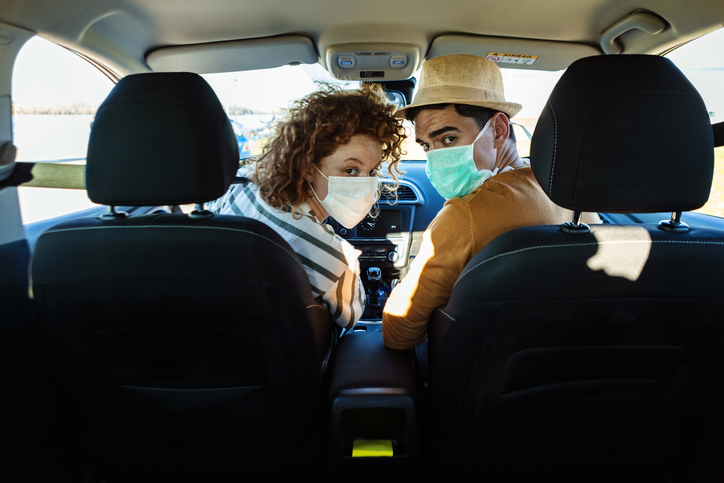The Brazil variant P.1 has reached New Orleans. Will the vaccines work?
- Category: New Orleans, Community, COVID-19, Health & Wellness
- Posted on:

NEW ORLEANS, LA. -- While things are definitely looking up with the wide availability of COVID-19 vaccines, mutations of the virus continue to pop up locally and abroad. These include new strains found in Texas and a very contagious one in India that has spread to other countries. These mutations—or variants—of the virus are expected to occur over time. Sometimes new variants emerge and disappear. Other times, new variants emerge and start infecting people.
The virus that causes COVID-19 is a type of coronavirus, made up of a large family of viruses. Coronaviruses are named for the crown-like spikes on their surfaces. Scientists continue to monitor changes in the virus, including changes to those spikes. These studies are helping us learn more about the new variants to understand their spread, how they are different from existing variants, and how they interact with current therapies, vaccines, and tests.
We caught up with Julio Figueroa, MD, physician lead for the infection prevention programs at LCMC Health and the chief of infectious diseases at LSU Health New Orleans, and John Schieffelin, MD, Associate Professor of Pediatrics and Internal Medicine and sections of infectious disease at Tulane University School of Medicine to help answer some of our questions related to the new variants.
With at least three COVID variants circulating in New Orleans, are there are any new safety measures I should take to reduce my risk of infection?

Keep following the current recommendations. The most important thing you can do is get vaccinated. Once you’re fully vaccinated, which is two weeks after your final dose, the CDC says you no longer need to wear a mask indoors or outdoors, except where required by law like homeless shelters and jails. If you’re not fully vaccinated, continue wearing a mask and social distancing.
Who is at the highest risk for the new variants?
Some variants appear to be more contagious and spread more easily from person to person. That’s why it’s so important to get vaccinated and keep following current guidelines. Anyone can get sick from the virus, but it can be especially hard on the elderly and other high-risk individuals, so let’s continue to keep our families safe.
I’m eligible for the COVID-19 vaccine. Should I delay getting it because it may not be as effective against the new variants?

Not at all! Current research suggests that the approved vaccines are effective against new variants, including B.1.1.7 from the UK, B.1.427/429 from California, and P.1 from Brazil, which is in New Orleans. Everyone should get vaccinated as soon as possible unless advised otherwise by your doctor. The vaccines are still very effective against new variants and can even provide protection if you do get sick, helping you to heal faster.
Is the vaccine effective against this new strain?
Hearing about new variants of COVID-19 might be scary, and that’s OK. Keep yourself and your loved ones safe by following the existing safety guidelines and getting vaccinated. The more we work together towards stopping the spread, the faster we can all return to our normal lives.
